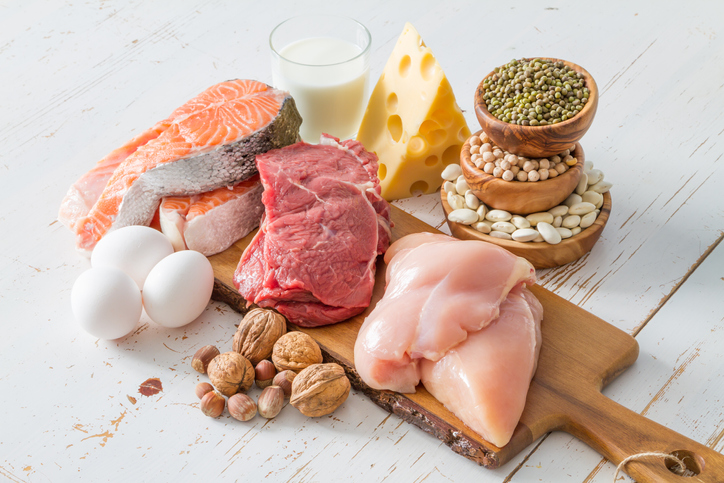Recent research suggests that the diet proposed by the EAT-Lancet in 2019, which seeks to halve animal protein consumption by 2050, does not provide enough vitamins and minerals, including iron, zinc, calcium, and vitamin B12, to nourish the world population due to its low amount of food of animal origin.

This has been published by Eurocarne magazine on its website. The research, according to the head of the sector, is directed by the Global Alliance for Improved Nutrition (GAIN) and among its main conclusions we find:
-Estimated intakes of folate and vitamin A were adequate, due to the large amounts of whole plant foods, such as legumes, dark leafy vegetables, and vitamin A-rich fruits and vegetables in the EAT-Lancet diet.
-For adults and women of reproductive age, the estimated intake of vitamin B12, calcium, iron, and zinc was below recommended levels.
According to GAIN, “These new findings on essential vitamin and mineral deficiencies are concerning because deficiencies in these micronutrients can lead to serious and long-lasting effects, including compromised immune systems and increased risk of infections.”
You can read the rest of the article at this link
















